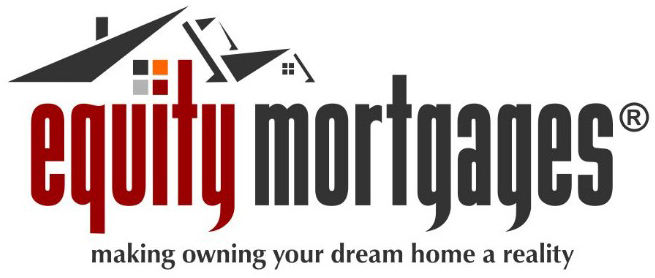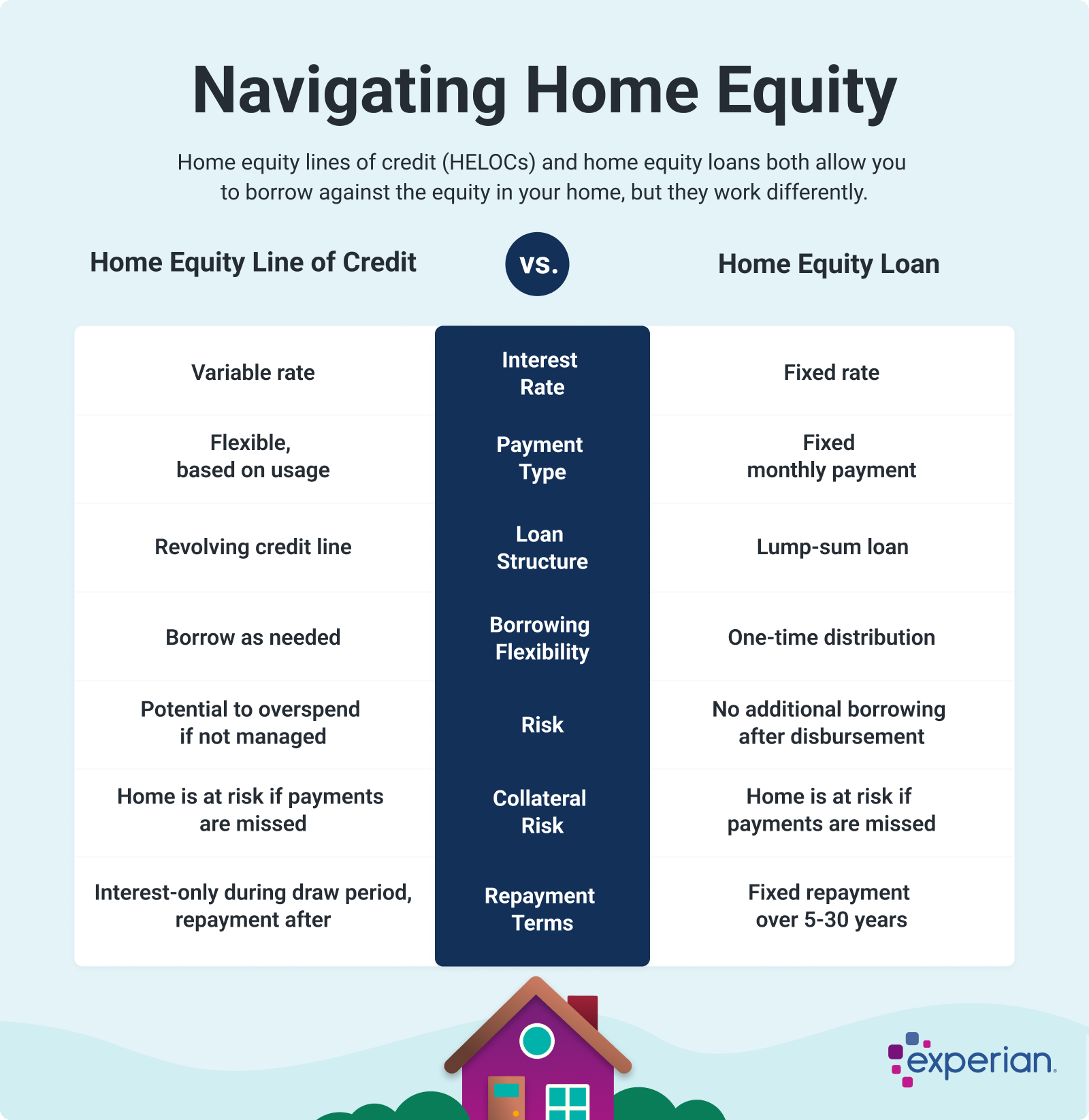Understanding Charges and Rates on Equity Release Mortgages
Understanding Charges and Rates on Equity Release Mortgages
Blog Article
Exploring the Various Kinds of Equity Release Mortgages Available Today
Equity Release home loans present various choices for property owners aged 55 and over. equity release mortgages. These financial items accommodate different needs and preferences, permitting individuals to gain access to funds from their home. From life time home mortgages to common admiration home loans, each kind supplies distinctive advantages. Comprehending these options is important for making educated choices. What elements should one take into consideration when choosing the most ideal equity Release strategy? The information that follow may lose light on this vital topic
Recognizing Equity Release Mortgages
Equity Release mortgages give home owners, normally those aged 55 and over, with a means to access the worth tied up in their building without needing to sell it. This monetary alternative enables individuals to convert a part of their home equity into cash money, which can be used for various functions, such as home renovations, repaying financial debts, or financing retirement.Equity Release can take various kinds, yet it fundamentally includes borrowing versus the worth of the home while maintaining ownership. Homeowners can choose to get a round figure or a series of smaller settlements, relying on their financial demands and preferences.Additionally, the quantity available for Release is influenced by the building's worth, the home owner's age, and details loan provider criteria. Generally, recognizing equity Release home loans is important for home owners to make informed decisions regarding tapping into their home's equity while considering the long-lasting ramifications.
Lifetime Mortgages
Life time home mortgages stand for among one of the most preferred types of equity Release. This economic item allows homeowners, normally aged 55 or older, to borrow against the worth of their residential or commercial property while maintaining ownership. The funding, which is safeguarded versus the home, builds up rate of interest in time however does not require month-to-month settlements. Rather, the lending and built up rate of interest are paid off when the home owner passes away or relocates right into lasting care.Lifetime mortgages supply adaptability, as consumers can choose to receive a round figure or go with a drawdown center, accessing funds as required. Importantly, several plans featured a no-negative-equity warranty, guaranteeing that customers will never owe greater than the value of their home. This attribute offers assurance, permitting individuals to appreciate their retired life without the worry of depleting their estate. Overall, lifetime home loans function as a feasible option for those seeking monetary assistance in later life.
Home Reversion Plans

Drawdown Life Time Mortgages
While many homeowners look for ways to access their wide range, drawdown lifetime home mortgages provide a versatile option that permits people to Release funds slowly. This sort of equity Release home mortgage allows property owners to borrow versus the value of their residential property while maintaining ownership. Unlike standard lifetime home loans, drawdown strategies enable borrowers to access a part of their equity upfront and withdraw additional funds as required, as much as a predetermined limit.This function can be particularly advantageous for those who want to handle their funds carefully, as it reduces interest build-up by just charging rate of interest on the amounts attracted. In addition, drawdown lifetime mortgages commonly include a "no negative equity warranty," ensuring that customers will never owe more than their home's worth. This alternative fits retired people that desire financial protection and adaptability, allowing them to meet unexpected expenditures or preserve their lifestyle without needing to offer their residential or commercial property.
Improved Lifetime Mortgages
Improved Lifetime Home loans offer distinctive advantages for qualified property owners looking for to Release equity from their properties. Recognizing the eligibility standards is crucial, as it identifies who can take advantage of these specialized finances. Nonetheless, it is additionally crucial to examine the potential drawbacks linked with boosted choices, making sure a well-rounded perspective on their usage.
Qualification Criteria Described
Comprehending the qualification requirements for Enhanced Lifetime Mortgages is important for possible applicants seeking to access the equity in their homes. Generally, candidates must be aged 55 or older, as this age need is common in the equity Release market. Property owners ought to have a home valued at a minimum threshold, which can differ by lender. Significantly, the property should be their main residence and in excellent problem. Lenders commonly evaluate the house owner's wellness status, as specific health problems might boost qualification and advantages. Furthermore, candidates must not have existing significant financial obligations safeguarded versus the building. Meeting these requirements enables individuals to discover Enhanced Life time Home loans as a sensible alternative for accessing funds tied up in their homes.
Advantages of Improved Home Loans
After clarifying the eligibility standards, it comes to be obvious that Improved Lifetime Home mortgages supply a number of considerable advantages for property owners looking to take advantage of their home equity. Mainly, they supply access to a bigger finance amount contrasted to typical lifetime home loans, benefiting those with wellness problems or age-related elements that raise their life span risk. This boosted borrowing ability permits home owners to satisfy different monetary needs, such as home enhancements or retired life costs. Additionally, these mortgages normally come with adaptable settlement options, making it possible for consumers to handle their financial resources extra efficiently. The no-negative-equity assurance better guarantees that property owners will never ever owe even more than their residential property's worth, giving peace of mind. In General, Boosted Life time Home mortgages offer a compelling choice for qualified house owners looking for monetary remedies.
Prospective Disadvantages Considered
While Improved Lifetime Home loans supply various benefits, pop over to this web-site possible drawbacks call for cautious consideration. One substantial problem is the effect on inheritance; the equity launched decreases the worth of the estate entrusted to recipients. Furthermore, these mortgages can accumulate substantial rate of interest over time, bring about a significant financial debt that may surpass the original lending amount. There might additionally be limitations on residential or commercial property modifications or rental, limiting house owners' adaptability. Enhanced products frequently call for specific health problems, suggesting not all house owners will certify. Taking care of the fees and fees linked with these home mortgages can be complicated, potentially leading to unanticipated prices. Consequently, people need to extensively analyze their circumstance and get in touch with financial consultants before continuing.
Shared Admiration Mortgages
Shared Recognition Home mortgages stand for a special economic setup that permits property owners to gain access to equity while sharing future residential property worth raises with the lender. This technique supplies potential benefits such as lowered regular monthly settlements, yet it additionally features downsides that need to be carefully taken into consideration. Comprehending the qualification needs about his is vital for those curious about this choice.
Principle Review
Equity Release mortgages, especially in the kind of shared gratitude mortgages, use home owners a distinct financial service that permits them to gain access to funds by leveraging the value of their property. In this arrangement, a lending institution offers a funding to the home owner, which is typically paid off via a share of the property's future recognition in value. This suggests that when the house owner offers the residential property or passes away, the lender obtains a percent of the raised value, instead than just the preliminary loan quantity. Shared appreciation home loans can be appealing for those aiming to supplement their revenue or financing considerable expenses while keeping ownership of their home. Nonetheless, the monetary implications of common appreciation have to be thoroughly considered by potential borrowers.
Downsides and advantages
Although shared recognition home loans can provide significant financial benefits, they likewise include noteworthy downsides that potential customers need to take into consideration. These home mortgages allow property owners to gain access to equity in their buildings while sharing a section of any type of future recognition with the loan provider. This setup can be valuable during times of climbing building values, using considerable funds without regular monthly payments. The main disadvantage is the potential loss of equity; home owners may end up with considerably decreased inheritance for successors. Furthermore, the complexity of the terms can result in misconceptions relating to payment obligations and the percentage of recognition owed. It is important for consumers to consider these variables meticulously prior to devoting to a common gratitude home mortgage.

Eligibility Demands
What criteria must property owners meet to get a shared recognition mortgage? Largely, prospects have to go to the very least 55 years of ages, ensuring they are within the target group for equity Release items. Furthermore, the residential or commercial property must be their main residence and commonly valued above a specified minimum threshold, commonly around ? 100,000. Lenders also examine the home owner's economic circumstances, consisting of earnings and arrearages, to determine they can handle the mortgage sensibly. Importantly, the property should remain in excellent condition and totally free from significant legal encumbrances. Home owners must likewise have a clear understanding of the terms, including just how appreciation will certainly be shared with the lender upon sale or transfer of the building, as this affects overall returns.
Choosing the Right Equity Release Choice

Often Asked Concerns
What Age Do I Required to Be for Equity Release?
The age demand for equity Release generally starts at 55 for a lot of plans. Nonetheless, some carriers might offer alternatives for those aged 60 and above, showing varying terms based on individual situations and lender policies.
Will Equity Release Impact My Inheritance?
Equity Release can influence inheritance, as the quantity borrowed plus passion reduces the estate's worth. Beneficiaries might obtain much less than expected, depending on the building's recognition and the overall financial obligation at the time of passing.
Can I Move Home With Equity Release?
The question of moving house with equity Release arises frequently. Generally, individuals can move their equity Release plan to a new property, but details conditions might apply, needing examination with the lender for advice.
Are There Costs Connected With Equity Release Mortgages?
Fees connected with equity Release mortgages can include arrangement fees, appraisal costs, and legal prices. Furthermore, there may be early repayment costs, which can affect the general price and monetary ramifications for the debtor.
Just How Does Equity Release Influence My Tax Situation?
Equity Release can affect one's tax obligation scenario by possibly increasing gross income, as released funds are thought about resources. It generally does not incur immediate tax obligations, making it necessary to seek advice from a monetary expert for tailored advice.
Final thought
In summary, the variety of equity Release mortgages available today offers property owners aged 55 and over several pathways to access their property's value - equity release mortgages. Whether choosing a lifetime home mortgage, home reversion plan, or other choices, each choice offers distinct advantages customized to individual economic requirements. Careful factor to consider and appointment with an economic expert are vital to assure the chosen equity Release option straightens with personal goals and financial circumstances, eventually facilitating informed decision-making for a safe financial future. Equity Release home loans existing various choices for home owners aged 55 and over. Equity Release mortgages provide home owners, normally those aged 55 and over, with a way to access the worth connected up in their property without requiring to sell it. Boosted Life time Home loans provide distinctive advantages for eligible homeowners looking for to Release equity from their homes. Equity Release mortgages, especially in the form of common admiration home mortgages, offer property owners a special economic service that allows them to gain access to funds by leveraging the worth of their property. In summary, the range of equity Release mortgages available today supplies homeowners aged 55 and over numerous pathways to access their building's worth
Report this page